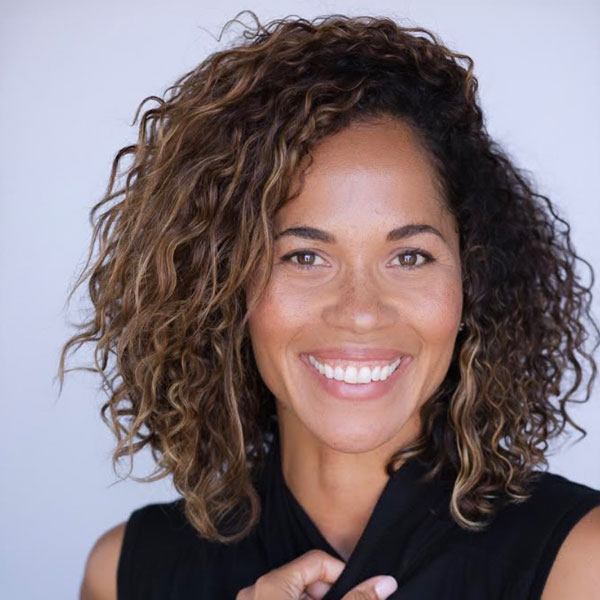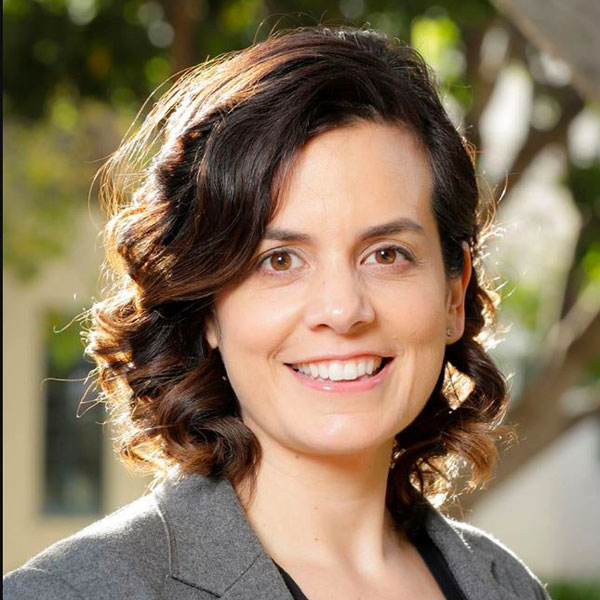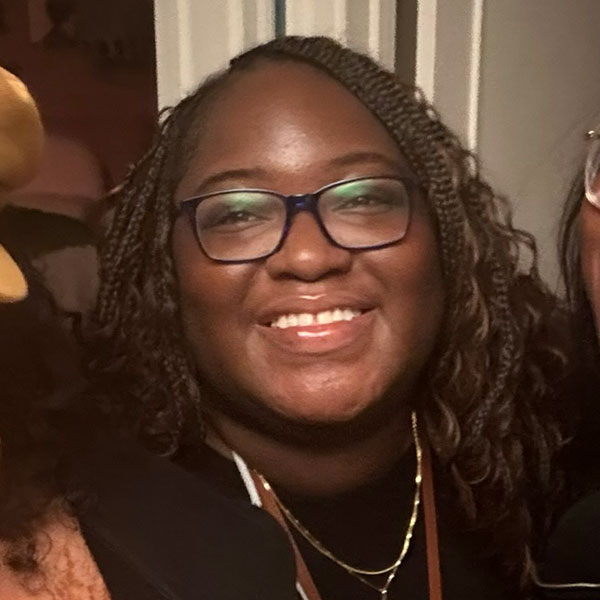Contract gain gives more WGAW writers valuable production experience.
11/8/2024 • Evan Henerson
What We Gained : This Team is On Fire
Sara Casey and Manuel Herrera team up and benefit from 2023 MBA gains.

Contract gain gives more WGAW writers valuable production experience.
For her first job in TV after the conclusion of the 2023 WGA strike, WGAW member Ali Kinney found herself in a situation that was both familiar, but also new. She joined the third season of Netflix’s Ginny & Georgia as a Co-Executive Producer and one of three writers hired through the duration of production.
The six-year WGAW member was able to be on set in part because of the 2023 MBA. One of the gains in the 2023 MBA is the requirement that high budget streaming and pay TV series have to employ two writer-producers in addition to the showrunner for at least 20 weeks of production. The showrunner can divide those two minimum positions among multiple writers over the production period.

“This opportunity came up, and I was like, ‘OK, sure, put me in the #2 position right off being off work for five months,’” recalled Kinney laughing. “Sure, I was a little nervous, but it’s like riding a bike. It’s like that in every writers’ room. You always go into it going, ‘How do we do this again? How do we break stories?’”
In Kinney’s situation, this also meant being the go-to producer on set in Toronto alongside “the Sarahs” —creator and EP Sarah Lampert and EP-showrunner Sarah Glinski.
“I was there for the whole five months covering set, and being there for the entire process made it all the more magical, every single scene,” said Kinney. “It’s so important to get writer-producers to set, not just for more production experience but also as representatives for all the work we put into these scripts. You have all these people from different departments reading the scripts and pulling every detail out of them to execute our vision and bring the words to life. And when they meet our writers, they’re so grateful.”
“It’s something the entire WGA fought for,” said Danielle Sanchez-Witzel, a member of the 2023 Negotiating Committee. “Every member, certainly in the TV space, but our feature brothers and sisters understood that we were under-resourced in how we were trying to make television in the new streaming model. We absolutely had to have another writer on set just to survive.”

It’s so important to get writer-producers to set, not just for more production experience but also as representatives for all the work we put into these scripts.
- Ali Kinney
The first season of Neflix’s Survival of the Thickest, on which co-creator Sanchez-Witzel served as executive producer, premiered in the midst of the 2023 strike. When the strike ended and the producers were staffing for season 2, the provision allowed the series to have at least three writers on the set at all times—an “immediate impact” of the new contract, according to Sanchez-Witzel. In addition to showrunner Amy Aniobi and executive producer-writer Grace Edwards, each of the season’s three co-EPs rotated on set throughout production.
Having additional writers makes a difference, giving producers more flexibility to handle things like changes in story arcs and rewriting on the fly.

“Television is made collaboratively, by and large, and that collaborative process is what we were missing,” Sanchez-Witzel said. “I have a show that represents a lot of different perspectives. Once you have a room full of writers, and that goes away, you lose all those perspectives. So bringing in another writer gave us another perspective in addition to the person-power behind it, it also allowed for someone who had a very specific point of view to come in and positively affect the scripts we’re working on.”
Survival of the Thickest writer and co-EP, April Korto Quioh, fully agrees that the provision is a significant victory for writers. One of the three co-EPs who rotated during the season, Quioh appreciated the opportunity.
“There’s just no way to learn to do this without learning on the job,” said Quioh, a WGAW member since 2018. “I had been on set for like a week at a time [on prior shows], but this was being on set pretty much every day. There are just certain things you can’t learn unless you’re doing it. Especially if you want to be a creator in the industry, it’s so critical. So the people who have made it to co-EP but have never been able to be on set, they have been done such a disservice.”

Quioh recalls the conversations with Sanchez-Witzel in the early weeks of season 2, during which the showrunner let the other writers know that Survival of the Thickest would get writers to set.
“That was a lot of what we talked about during the first week,” Quioh said. “We had such thoughtful leadership. When I got there, I felt like I had everything I needed and was provided the perfect environment to get creative and comfortable.”
With benefits for writers, the showrunners and the studios, Sanchez-Witzel calls the provision a “win/win/win.”
“It’s a win for me as a showrunner, for the writers who are getting experience, and then also for the studio who are making sure that the pipeline for showrunners continues to be strong, but also who are going to end up getting the best product,” Sanchez-Witzel said.